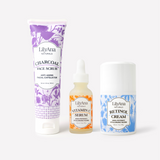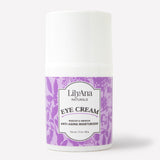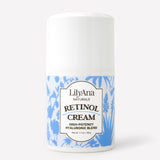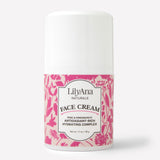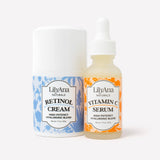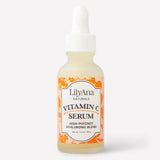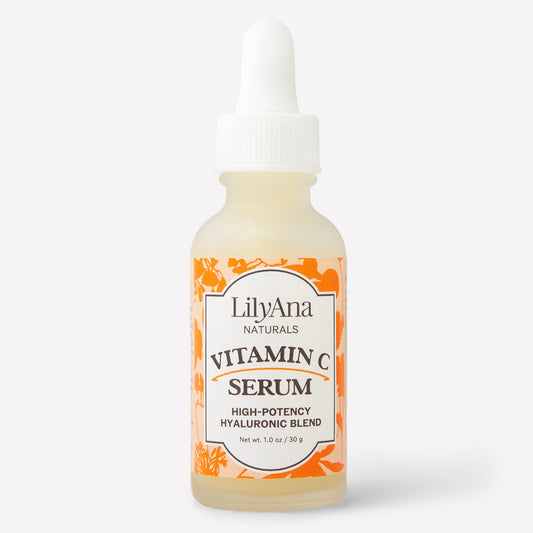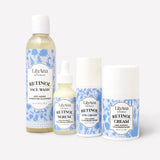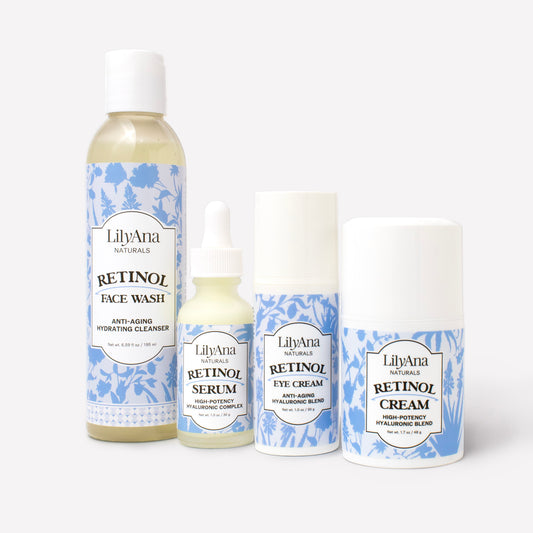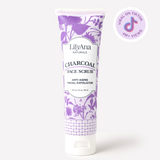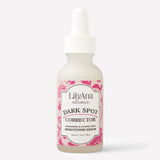Understanding Different Skin Types
Identifying Your Skin Type
Understanding your skin type is the cornerstone of good skincare. It not only helps you select the right products but also guides you in developing an effective skincare routine tailored to your skin's specific needs. There are generally four main skin types: oily, dry, combination, and sensitive. Let's delve deeper into each type to help you identify where your skin fits in.
Oily Skin
Oily skin is characterized by an overproduction of sebum, leading to a shiny complexion and often enlarged pores. Individuals with oily skin are more prone to acne and breakouts due to the excess oil on their skin's surface. Managing oily skin involves using products that help control sebum production without stripping the skin of its natural oils.
Dry Skin
Dry skin lacks moisture and may feel tight, rough, or flaky. It is essential to use hydrating products that nourish and replenish the skin's moisture barrier. Look for ingredients like hyaluronic acid and glycerin to lock in moisture and prevent dryness.
Combination Skin
Combination skin can be a bit tricky to manage as it consists of both oily and dry areas. Typically, the T-zone (forehead, nose, and chin) is oily, while the cheeks are dry. To address combination skin, you may need to use different products on various parts of your face to achieve balance.
Sensitive Skin
Sensitive skin is easily irritated by certain products, environmental factors, or even touch. It requires gentle, soothing skincare products that are free of potential irritants like fragrances and harsh chemicals. Always patch-test new products on a small area of your skin before full application.
How Skin Types Influence Toning Needs
Toning is a crucial step in any skincare routine as it helps balance the skin's pH, tighten pores, and remove any leftover impurities. However, the type of toner you use should align with your skin type to maximize its benefits.
-
For oily skin, opt for toners with ingredients like salicylic acid or witch hazel to control excess oil and prevent breakouts.
-
Dry skin benefits from hydrating toners that contain ingredients like rose water or glycerin to soothe and moisturize the skin.
-
Combination skin can use gentle, balancing toners that target both oily and dry areas without causing imbalance.
-
Sensitive skin requires alcohol-free and fragrance-free toners to prevent irritation and redness.
Understanding your skin type is the first step towards achieving healthy and radiant skin. By tailoring your skincare routine to your skin's unique needs, you can address concerns effectively and maintain a glowing complexion. Remember, consistency is key in skincare, so be patient and give your skin the care it deserves.
Conclusion
Mastering the art of skin toning is essential for maintaining healthy and radiant skin, regardless of your skin type. By understanding your skin's specific needs and choosing the right toner, you can effectively balance your skin's pH levels, remove impurities, and prepare it for better absorption of subsequent skincare products. With consistency and dedication to a suitable skin toning routine, you can achieve the glowing and flawless complexion you desire. So, embrace the power of skin toning for all skin types and elevate your skincare regimen to the next level.
